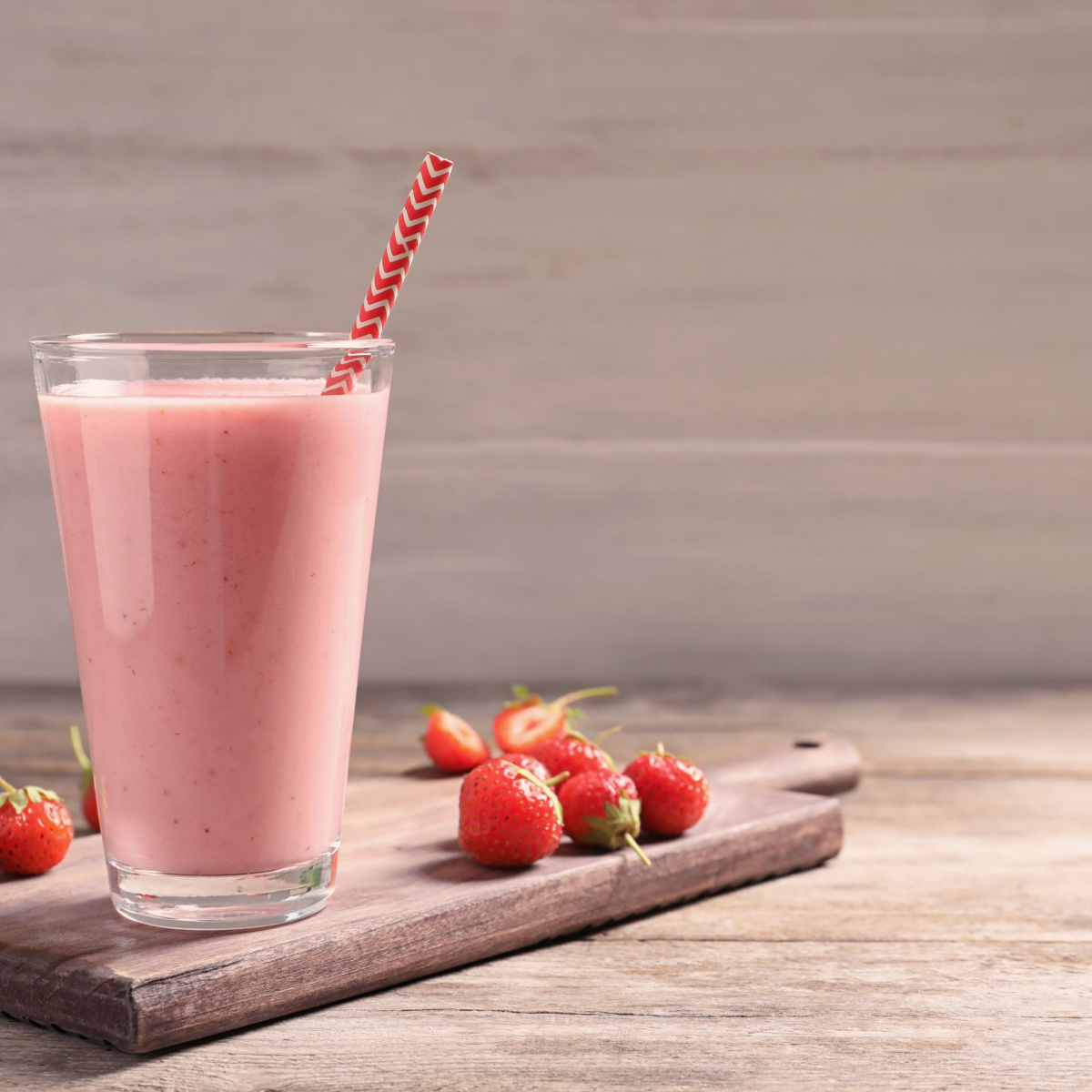Dental Implants and Nutrition
The Importance of Dental Implants to Nutrition & of Nutrition to Dental Implants

The Importance of Dental Implants to Nutrition & of Nutrition to Dental Implants

The importance of good nutrition cannot be overstated when it comes to maintaining overall health and well-being. However, did you know your dental health also plays a vital role in your nutrition? It’s true! Your teeth and gums are essential for chewing and breaking down food, which is necessary for proper digestion.
This is where dental implants come in as a solution for individuals who may have lost teeth due to injury or decay. Turlock, CA, implant dentist Dr. Jim Eggleston explains the link between dental health and overall nutrition, including the importance of proper nutrition for healing after implant placement and how dental implants can improve a patient’s ability to chew and digest food properly.
One of the many dangers of tooth loss is it can be difficult to consume certain foods. This can lead to a limited diet, which can result in nutritional deficiencies. Without proper nutrition, the body can become more susceptible to a range of health issues, such as weakened immune function, fatigue, and other chronic conditions.
In addition, missing teeth can lead to bone loss in the jaw, which can further impact overall health and nutrition. The jawbone needs stimulation from the teeth to maintain its density, and when teeth are missing, the bone can begin to deteriorate (resorption). This can lead to a sunken appearance on the face, difficulty speaking, and a decreased ability to chew and break down food properly.
Restoring your smile with dental implants can have numerous nutritional benefits, including:

After dental implant placement, it’s essential to eat a nutritious and balanced diet to support the healing process. While the implants are fusing with the jawbone, it’s also important to avoid certain foods that can interfere with the healing process. Here are some guidelines on foods to avoid and foods to eat after implant placement.

Foods to avoid:
Foods you should eat:
It’s important to follow these guidelines for the first few weeks after implant placement to promote proper healing and reduce the risk of complications. After the initial healing period, you can gradually reintroduce harder and more challenging foods into your diet as advised by Dr. Eggleston.
Missing teeth can lead to limited food options and nutritional deficiencies, affecting overall health and well-being. Dental implants provide a stable and secure base for artificial teeth, improving chewing ability, and promoting better digestion and nutrient absorption. With a diverse and nutritious diet, patients can experience increased energy levels and improved overall health.
Contact us today by dialing 209-226-4963 if you’re a new patient or 209-634-5871 for current patients. You can also schedule a consultation by filling out the contact form below. Dr. Eggleston and our team are happy to help patients from Turlock and surrounding areas such as Keyes, Denair, and Hatch, CA enjoy better dental health and nutrition with the power of dental implants.